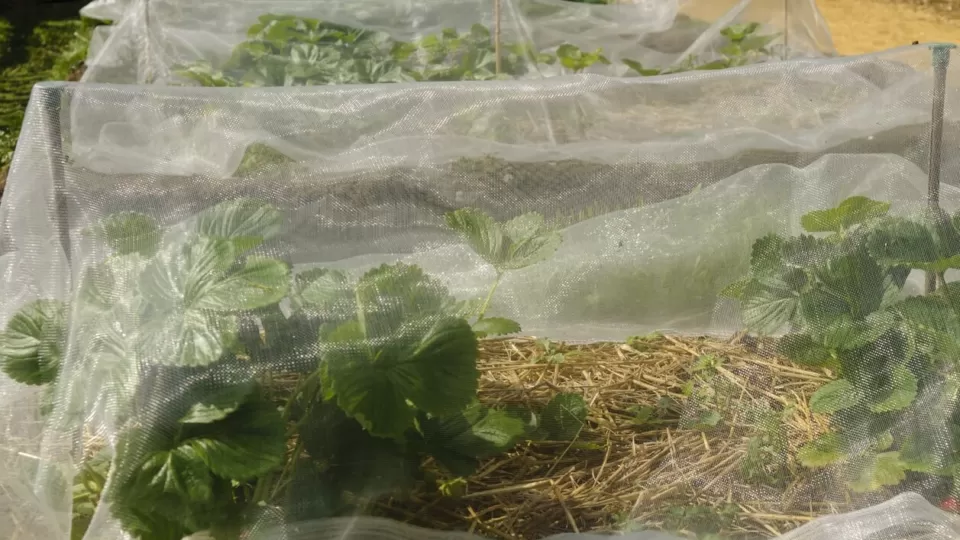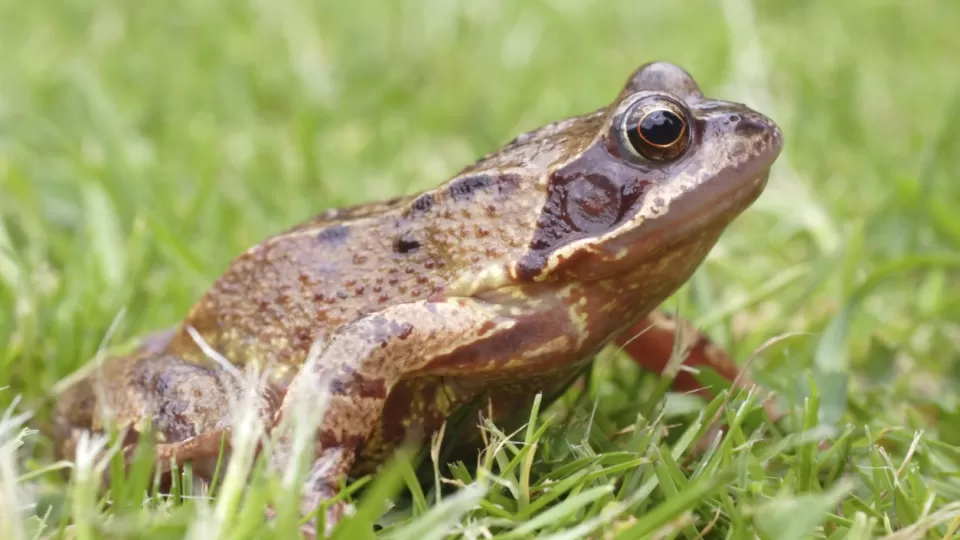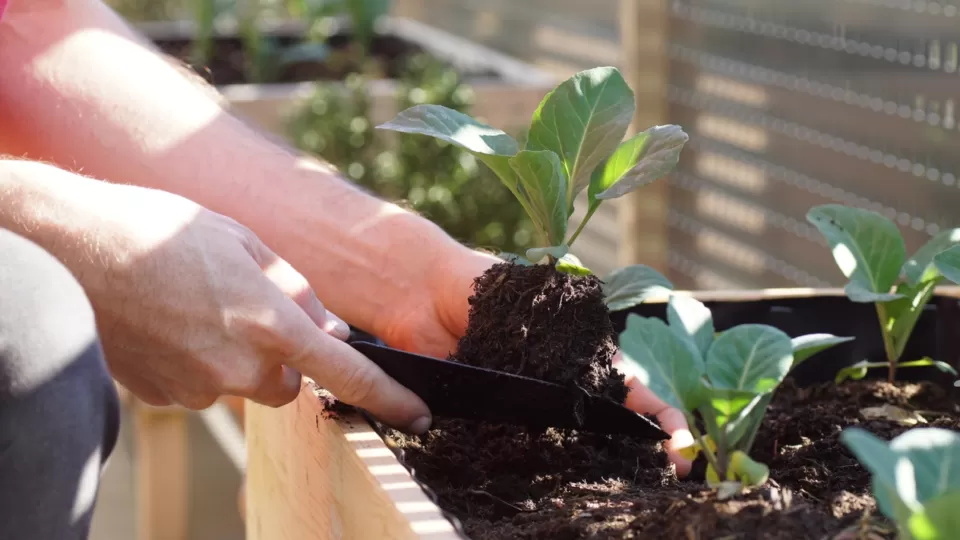How to organically get rid of unwanted garden pests
Society is increasingly accepting an organic and sustainable lifestyle, and the more we learn about pesticides and insecticides, the more we realise how harmful they are for the environment, humans, and local wildlife. In fact, using chemicals to get rid of unwanted pests and weeds is not that effective since pests develop resistance to the synthetic pesticides overtime. These chemicals even have health risks, not just for humans but other animals like birds as well.
To achieve pest-control at its best, we’ve compiled five simple ways to create a pest-free oasis using only organic measures!
Achieving healthy fertile soil
Regularly watered plants matching the correct soil type of your garden, proper sunlight exposure and consistent weeding and pruning methods are used to maintain a healthy fertile soil, which in turn keeps aphids and similar species at bay.
This can also be easily achieved with our Irrigatia kits. Our kits provide weather-responsive SMART irrigation using solar power to detect and alter watering according to the weather condition, without needing electricity or taps.
Our system requires minimal supervision as it will water your plants automatically, using drip irrigation as an eco-friendly way to water them, every three hours and for longer when sunny. It’s an efficient and resource-conscious way to ensure your garden is healthy and a pest-free paradise!
Crop covers and barriers
Natural barriers act like a wall, preventing pests from accessing your garden. Vegetables and fruits surrounded by barriers such as sharp eggshells may keep slugs and various species away. Some plants like peppermint and spearmint also act like a living barrier since they naturally deter ants and aphids. These methods can be used to create a pest-free garden and give it a whimsical twist as well!

Crop covers such as netting and horticultural fleece are some of the most useful gardening accessories, which can be utilised all year round. For a pest-free paradise, horticultural fleece and netting will keep most things out and creating a physical barrier can be effective alternative to using pesticides.
Beneficial bugs
Many natural predators will seek shelter in your garden and by appreciating them, controlling pests will become much easier. Beneficial bugs such as ladybirds, green lacewings, hedgehogs, and frogs’ prey on the pests that you want to keep away! An easy way to lure these insects is to create a shelter and habitat with food and water.

Companion planting
Companion planning is a great way to create a pest-free oasis. By planting food species together with specifies that attract beneficial insects or disguise the food plants, you can ensure less pests in your garden as they are unlikely to find a habitat to survive in!
Natural pesticides
Pesticide free deterrents are plant-based produce that have insecticidal properties. They are environmentally friendly, do not harm beneficial bugs, are unlikely to build pest resistance and are quite effective on garden pests. Botanical insecticides such as Nicotine Sulphate, Rotenone and Neem have a lethal result on specific pests. These natural pesticides require a little research to provide a targeted result, ensuring pest-free heaven!
Essentially, a long lasting and sustainable approach to getting rid of unwanted pests will help in developing a healthy, beautiful, and thriving garden!

Take a look at our latest blogs for more gardening tips and ways to save time and water this spring and summer.
Remember to follow our social media channels to keep up to date with our latest growing journeys in the Irrigatia garden!
